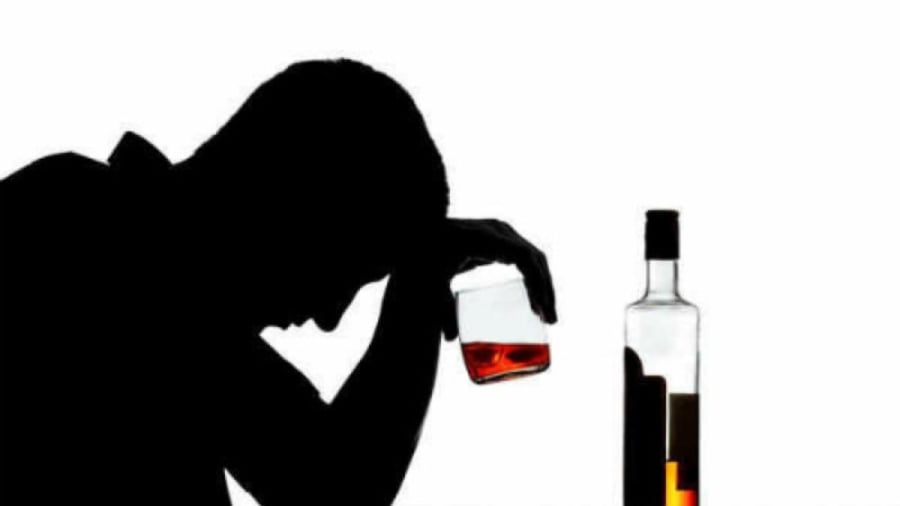It is a common belief that people test each other’s loyalty by getting drunk together, assuming that drunkenness reveals one’s true self. Some even claim that when drunk, one’s thoughts turn to the person they love the most.
However, Mr. Aaron White, head of the Biometrics and Epidemiology Branch of the National Institute on Alcohol Abuse and Alcoholism (NIAAA), offers a different perspective: “Alcohol makes us more likely to verbalize what’s on our minds. In some cases, it may be the truth. In other cases, it could just be what you think is true when intoxicated.”
Alcohol undoubtedly influences one’s mental state, and thus, words spoken under its influence may hold some truth but not necessarily the whole truth. Sometimes, it could merely be a reflection of one’s thoughts in that altered state, which may differ from their sober self.

Alcohol can loosen tongues and inhibitions
A 2017 study published in the journal Clinical Psychological Science explored the changes in personality after consuming enough vodka and lemon to reach a blood alcohol level of 0.09%. The most significant alteration was an increase in extroversion. While the study didn’t investigate whether alcohol was a “truth serum,” it suggested that feeling more comfortable in a social setting could lead to increased honesty.
Alcohol tends to lower inhibitions, encouraging people to express their thoughts more freely. However, its influence can also lead to erratic thinking and behavior.
Professor Michael Sayette, a psychologist at the University of Pittsburgh, explains: “Drinking alcohol tends to intensify emotions. We may smile more and speak louder when relaxed, but as researcher Claude Steele of Stanford University points out, we may also cry more readily in uncomfortable situations.”
While alcohol can enhance emotions and encourage people to express their thoughts, it can also lead to instability, causing people to say things they don’t genuinely mean and later regret. This is why alcohol is often associated with extreme and uncontrolled behavior.
Alcohol reduces inhibition, leading to impulsive actions. It weakens the signals from the cerebral cortex, the region of the brain responsible for behavior regulation and impulse control. Additionally, alcohol inhibits the amygdala, a deep brain structure that triggers feelings of fear and anxiety. When sober, the amygdala typically sends warning signals to prevent us from saying or doing something socially inappropriate, but these signals diminish with alcohol consumption.
Therefore, it is essential to remain vigilant when drinking alcohol and interacting with intoxicated individuals.

































